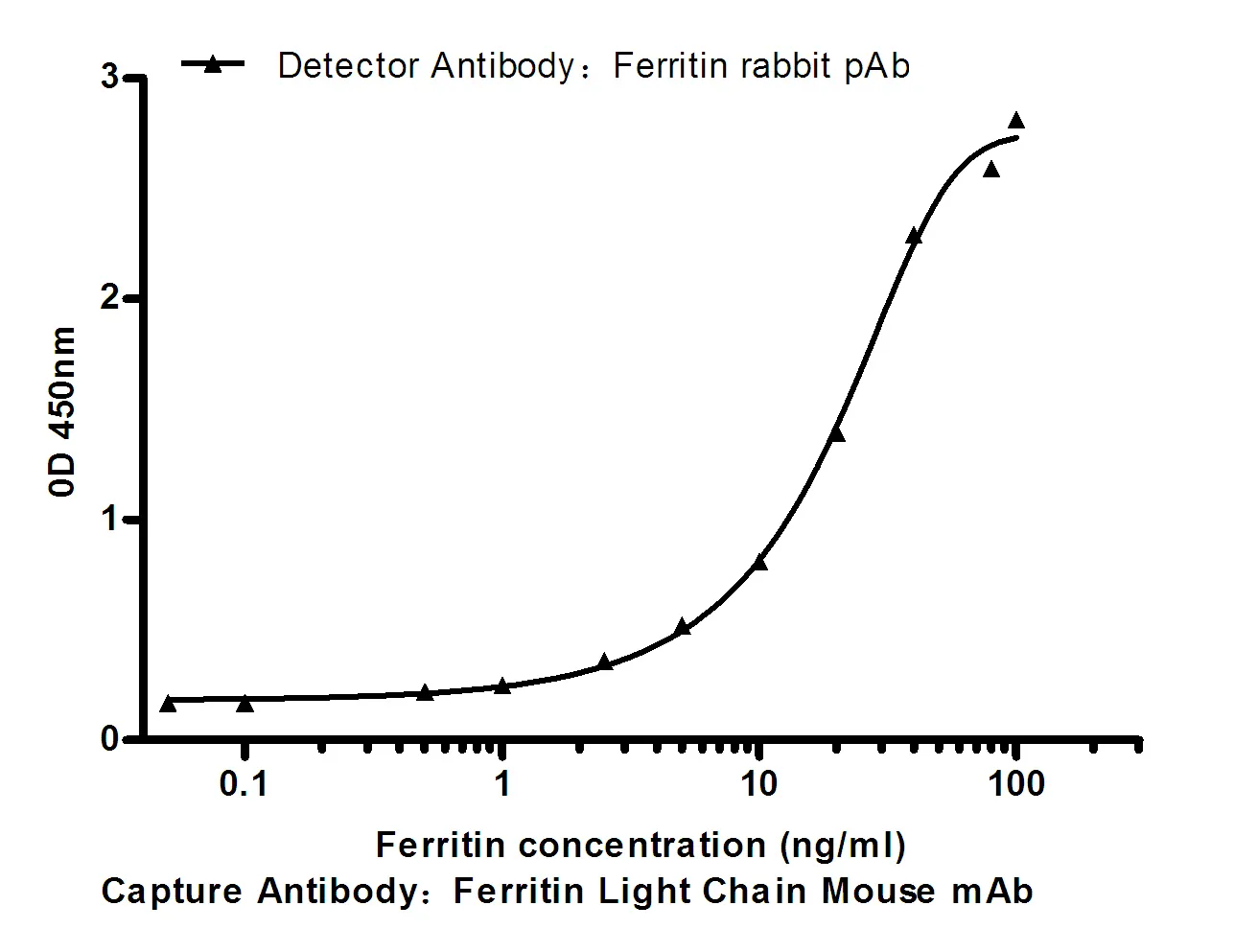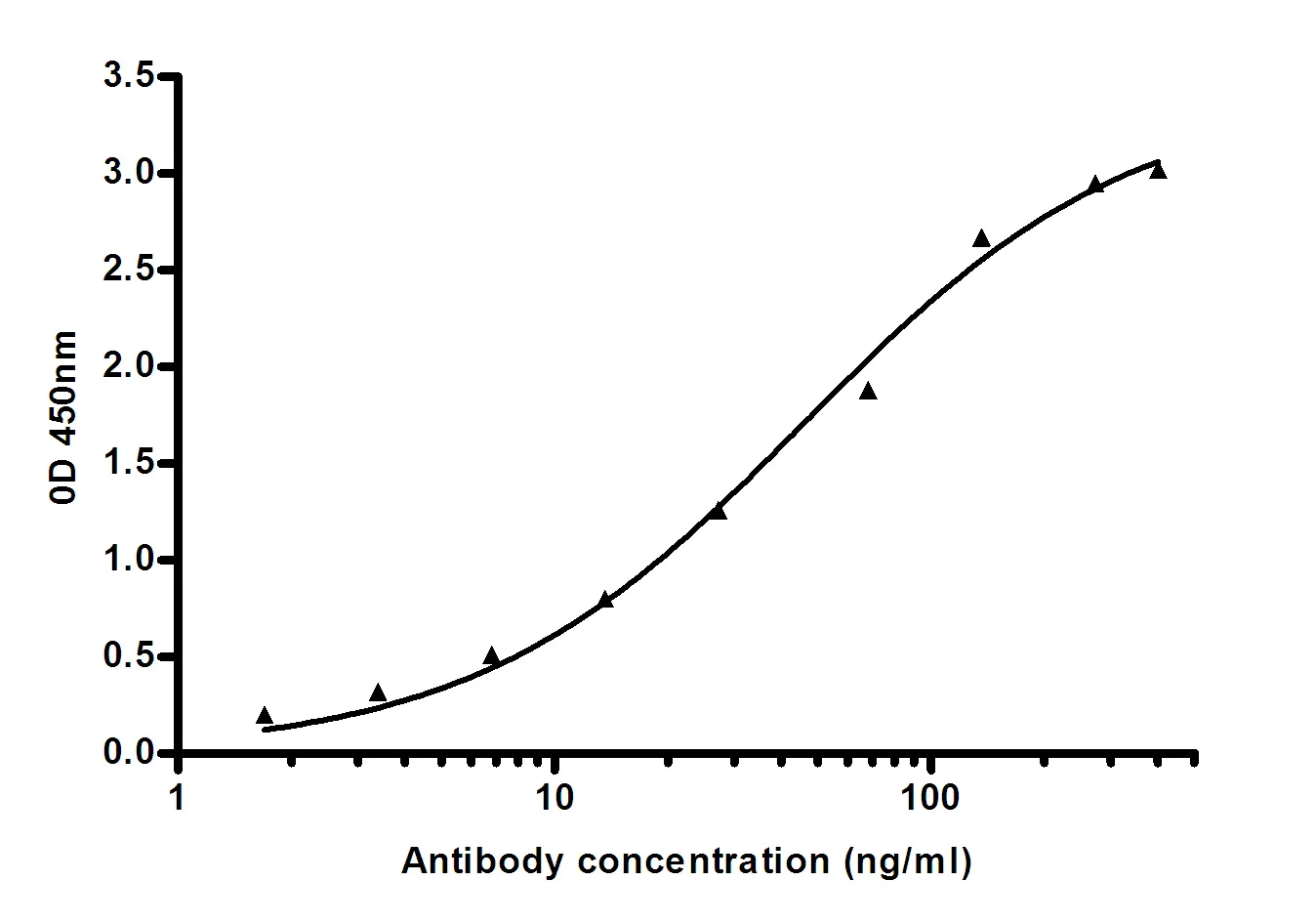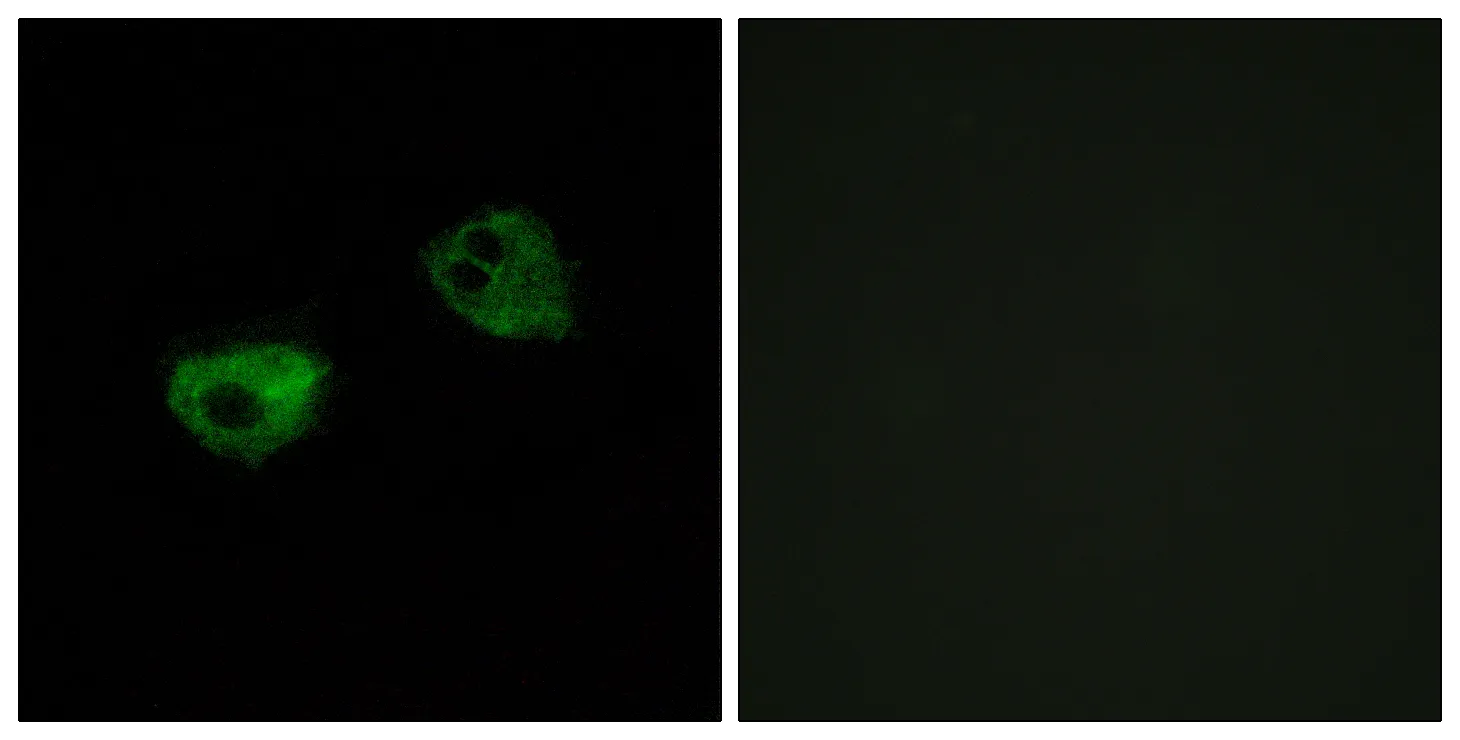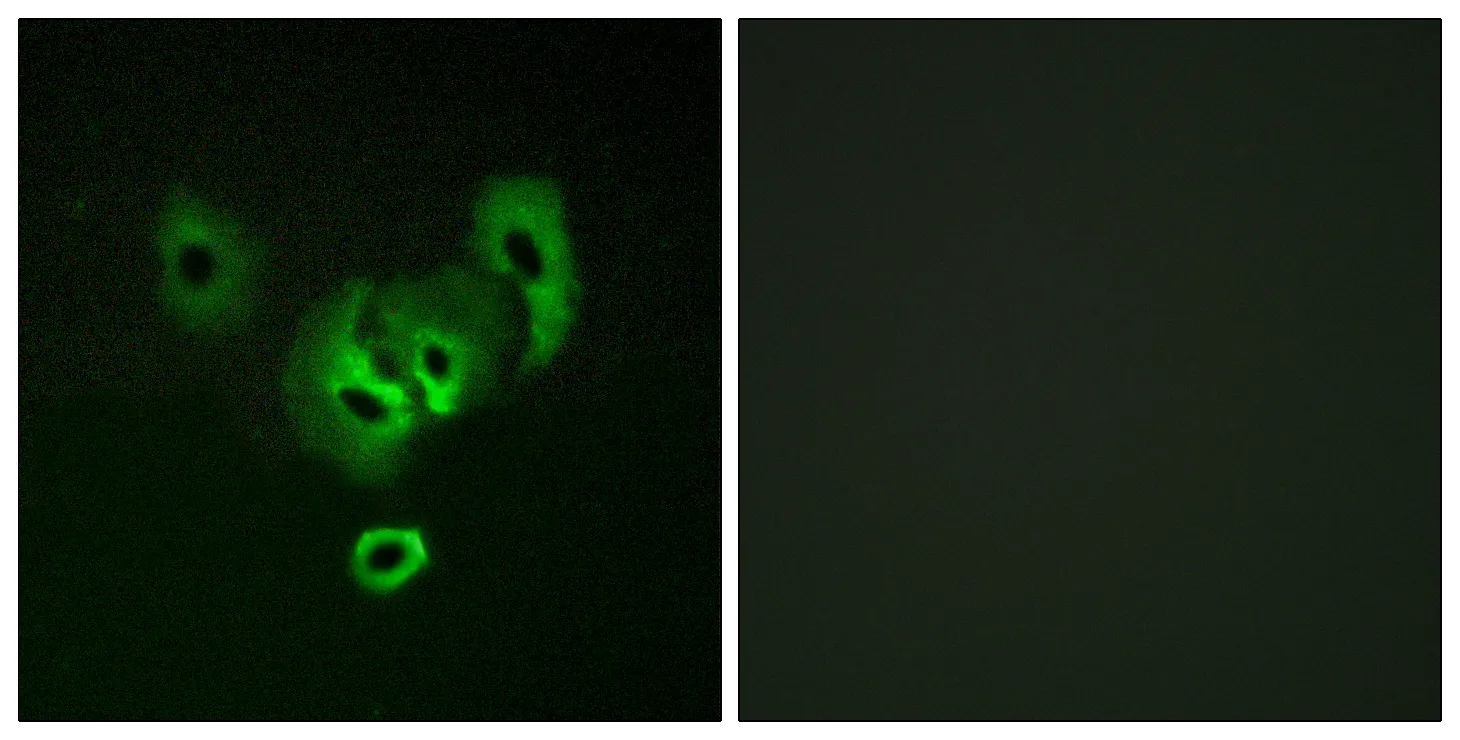Summary
Performance
Immunogen
Application
Background
This gene encodes a tyrosine kinase receptor for vascular endothelial growth factors C and D. The protein is thought to be involved in lymphangiogenesis and maintenance of the lymphatic endothelium. Mutations in this gene cause hereditary lymphedema type IA. [provided by RefSeq, Jul 2008],catalytic activity:ATP + a [protein]-L-tyrosine = ADP + a [protein]-L-tyrosine phosphate.,disease:Defects in FLT4 are found in juvenile hemangioma. Juvenile hemangiomas are the most common tumors of infancy, occurring as many as 10% of all births. These benign vascular lesions enlarge rapidly during the first year of life by hyperplasia of endothelial cells and attendant pericytes, and then spontaneously involute over a period of years, leaving loose fibrofatty tissue.,disease:Defects in FLT4 are the cause of lymphedema hereditary type 1 (LYH1A) [MIM:153100]; also known as Nonne-Milroy lymphedema or Milroy disease. Hereditary lymphedema is a chronic disabling condition which results in swelling of the extremities due to altered lymphatic flow. Patients with lymphedema suffer from recurrent local infections and physical impairment.,function:Receptor for VEGFC. Has a tyrosine-protein kinase activity.,online information:FLT4 entry,similarity:Belongs to the protein kinase superfamily. Tyr protein kinase family.,similarity:Belongs to the protein kinase superfamily. Tyr protein kinase family. CSF-1/PDGF receptor subfamily.,similarity:Contains 1 protein kinase domain.,similarity:Contains 7 Ig-like C2-type (immunoglobulin-like) domains.,tissue specificity:Placenta, lung, heart, and kidney, does not seem to be expressed in pancreas and brain.,
Research Area
Cytokine-cytokine receptor interaction;Focal adhesion;






